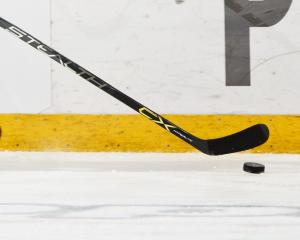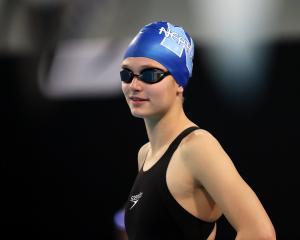A recent anti-doping commission set up by Wada suggests there is a ''deeply rooted culture of cheating'' in Russian athletics.
This indicates that the war against doping is nowhere near ending and that the baton of corruption is not finished doing the rounds.
Rather than eliminating corruption, these investigations are revealing just how systemic and rife it is.
The baton has merely been passed from UCI to Fifa and most recently to the IAAF (with stopovers in cricket and league as well).
The topical focus on Russian athletics sends a chill down the spine as we enter into a Cold War of sorts, with calls for sporting sanctions against Russia in the lead-up to the 2016 Olympic Games increasing in volume.
With Russia's aggressive policies in Ukraine, Crimea and the Baltic states and commercial plane crashes involving Russian citizens and militia-fighters, the Russian state is fast becoming an easy target for criticism.
Russia is not the economic power house it used to be in the post-World War 2 era, but it is still a threat to the Western bloc, and sport conveniently provides a great platform upon which to express ideologies.
And herein lies the ethical dilemma.
If there is widespread corruption and collusion between some nation states and international sporting organisations should the individual's rights be forsaken for the greater good?
Are there valid reasons for focusing on Russian athletics in particular or is Russia being targeted because their actions in general are under international scrutiny?
The Wada anti-doping commission allegations against Russian athletics include systemic tampering with laboratory samples, involvement of Russia's secret service (FSB), and a secret pre-screening lab.
It's the stuff of spy movies.
Russia isn't the first and only nation to come under scrutiny or to use sport as propaganda.
East Germany's programme of feeding their athletes performance-enhancing drugs in the 1960s and 1970s had a ripple-effect for sports events and anti-doping programmes worldwide.
It also had long-term detrimental effects on the athletes themselves.
Chinese athletes came under suspicion in the lead up to the 2008 Olympics at a time when China was challenging the capitalist system for world domination.
So what do all these accusations and denials suggest with regards to sport, politics, corruption and what is the morally right thing to do?
If corruption, collusion and concealment between powerful states and international organisations is widespread what can we do?
Russia will not be the only powerful state using sport as a chance to market and promote their ideologies and culture to the world.
If we still believe that all attempts should be made to keep sport clean, healthy and pro-social then it is wise to focus in on immoral decision-making and behaviour at the highest level.
The first cull has already occurred with IAAF's long-time president, Lamine Diack, being suspended while investigations are ongoing.
Presidents of IAAF's many subsidiary branches are all trying to distance themselves from corruption, but they'll also be sweating a little as the investigation continues.
If there is enough evidence and support for Russia to be banned from the 2016 Olympics many clean and virtuous Russian athletes may suffer.
A ban of this magnitude however should not be taken lightly because it will not just have an impact on the athletes, but on international relations between nations not only vying for supremacy in the sports arena, but also in the political and economic realms.
Unfortunately for the Russian athletes caught in the middle of this war against corruption and for supremacy, they may be considered nothing more than collateral damage.










